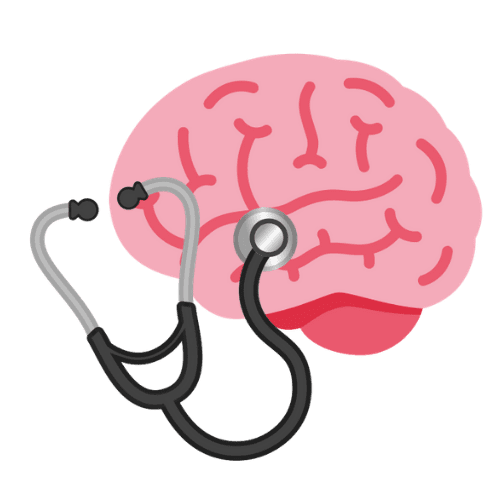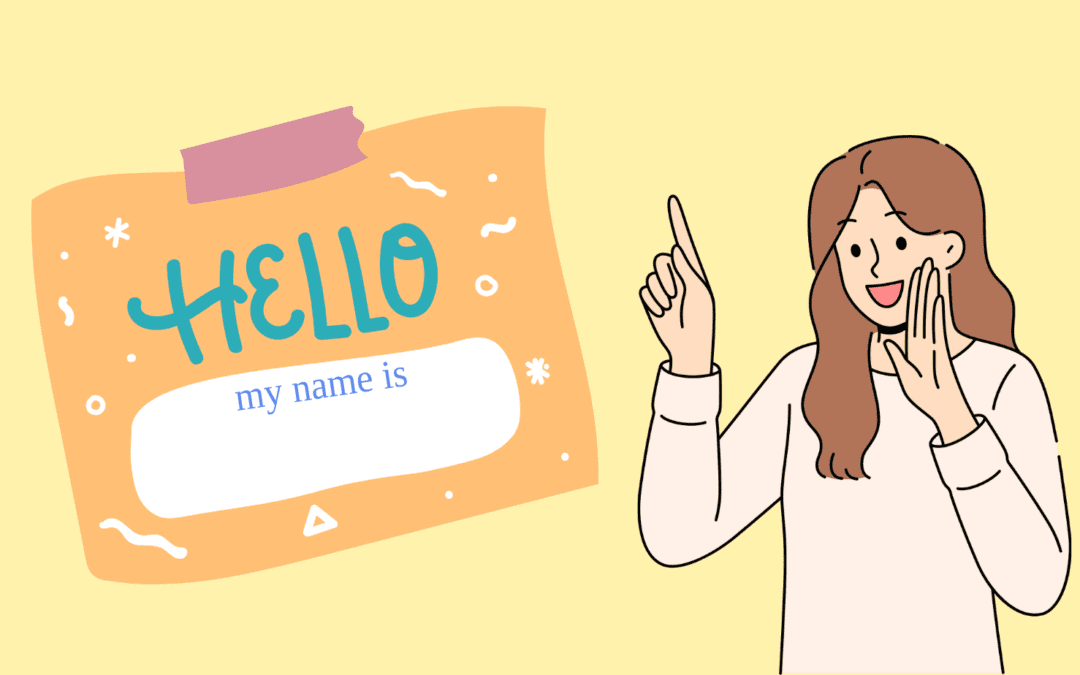Here goes… I’m a medical student. I also have ADHD.
If you do a quick Google search, unless you like academic journals, you’re not going to find much about what it’s like to be a medical student with ADHD.
I was diagnosed when I was 20, in my second year of medical school. When I was first told that I had a classic case of ADHD, it was a lightbulb moment. Over the next few weeks, I started to recognise links between all my “quirks”, and my new diagnosis. Finally, I had an explanation.
As I started treatment, I was stunned at the feeling of my brain cooperating with me on a boring task. My thoughts felt clear and ordered for the first time. I admittedly cried when the first dose wore off, because I couldn’t remember ever feeling that calm and clear-headed.
ADHD medication can’t change your perception, however.
Even though I know there’s a definitive, biological reason for the difficulties I face, it’s hard to get out of a negative mindset. I’m either not that intelligent, or just not trying hard enough. Before I shared my ADHD diagnosis publicly, I was often told those things too. It wasn’t always from an unkind place – lots of people use tough love as a motivator. Family, friends, and tutors included.
I am guilty of still occasionally channeling my frustration into self-loathing and name-calling because at the end of the day, meds and behaviour modification can only help ADHD so much.
People who are underachieving because they’re being lazy, can always work harder.
When you have a permanent neurodevelopmental disorder like ADHD, whichrequires medication and extraordinary levels of effort just to achieve a normal, baseline level of functioning, you can’t help but feel annoyed. You’re essentially paying premium prices for a feature that everyone else gets free.
I’m not the boss of my ADHD brain.
If I need to do something that it doesn’t want to do (because memorising antibiotic mechanisms doesn’t provide nearly as much dopamine as scrolling through Twitter), next to nothing can get me to concentrate.
I can’t sit near open windows, because even the sound of the breeze will distract me. Every other sentence in a textbook brings to mind a new idea or question. Because I have problems with executive functioning, I can’t prioritise and set those thoughts aside for later. They’re all urgent to me, and before I know it, I’ve been down a Wikipedia rabbit hole for 2 hours.
Before lectures went online due to the COVID-19 pandemic, I rarely attended, because before I started my medication, I couldn’t focus for more than 20 minutes. I earned notoriety for spending the time organising my food shop delivery, browsing social media, or worst of all, falling asleep. Eventually the embarrassment stopped me going.
Lots of people without ADHD will see a list of symptoms and relate to a few. Perhaps they will use the phrase “everyone is a little ADHD”. ADHD is when you have almost every one of those symptoms. All the time.
The internet is inundated with both the voices of medical students and stories about living with ADHD, but I’ve yet to see an amalgamation of the two.
I know I’m not alone.
There are other ADHD and neurodiverse medical students out there – one of them first introduced the idea that I might have ADHD too. I surely won’t be the only doctor who has ADHD.
I’m still scared to disclose that I have ADHD.

ADHD is often an invisible problem, that only the sufferer feels the real effects of. Lots of us have stereotyped preconceptions about what ADHD looks like – it’s that hyperactive, badly-behaved little boy. Surely it’s not an adult woman who’s going to be a doctor one day? When I told my friends and family about my diagnosis, I was told by some that my psychiatrist was probably just looking to make a quick buck, and I was going through a normal phase – if I had it, I would have been diagnosed in childhood.
I suffered silently for years, and there’s plenty who still are. Not all of us will even realise we have it. I worry that if people don’t know we’re here, medics will forever see ADHD as a stereotype, and not as something that their colleagues might suffer with. There’s a reason I can’t sit still in clinics, and constantly lose my ID badge, and before my diagnosis, I told myself I just wasn’t trying hard enough. Others probably thought that about me too.
That’s why I’ve started this blog. I’m tired of being a medical student who keeps their struggles to themselves and just gets on with it, settling for chronic underachievement. I want to show others that yes, there’s negatives, but your ADHD can be a strength sometimes too. It’s still possible to reach your full potential, even if you’re not yet sure how to get there.
I’m not an expert in getting through medical school with ADHD – I’m hoping I’ll be a decent doctor at the end of it, but I’ve a while to go yet.
If I do become a doctor, I will be an attention-deficit one.
My hope, therefore, is that if I share my experience, the journey will be a bit easier for someone else. After all, no one can find the answers without help.
Welcome to Attention Deficit Doctor.
You can read more ADHD stories here.
Click here to explore my other posts.
Connect with me on Twitter and Instagram – I would love to chat!


Thank you for this blog. I support medical students and any resource that informs us all is important
Thank you
Total admiration and respect for your honesty, Catriona. Hopefully, by putting this out there, your life experiences will educate and enable others to challenge those pre-conceived and ill-informed opinions that many have of what ADHD in adults actually is.